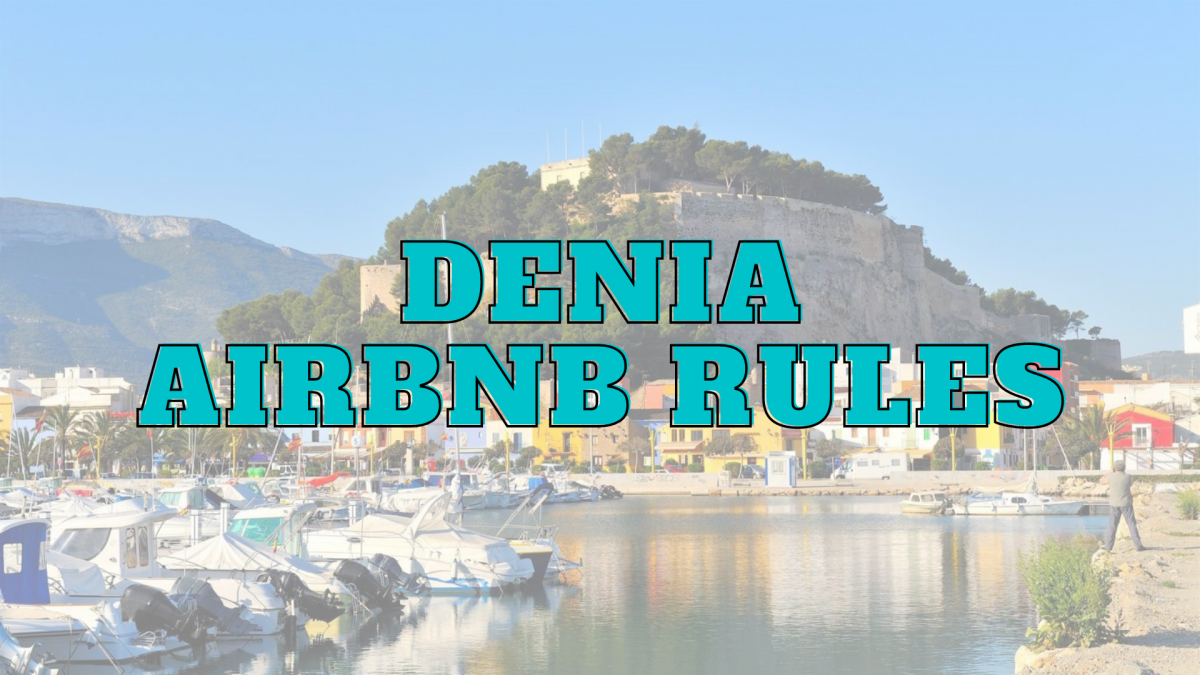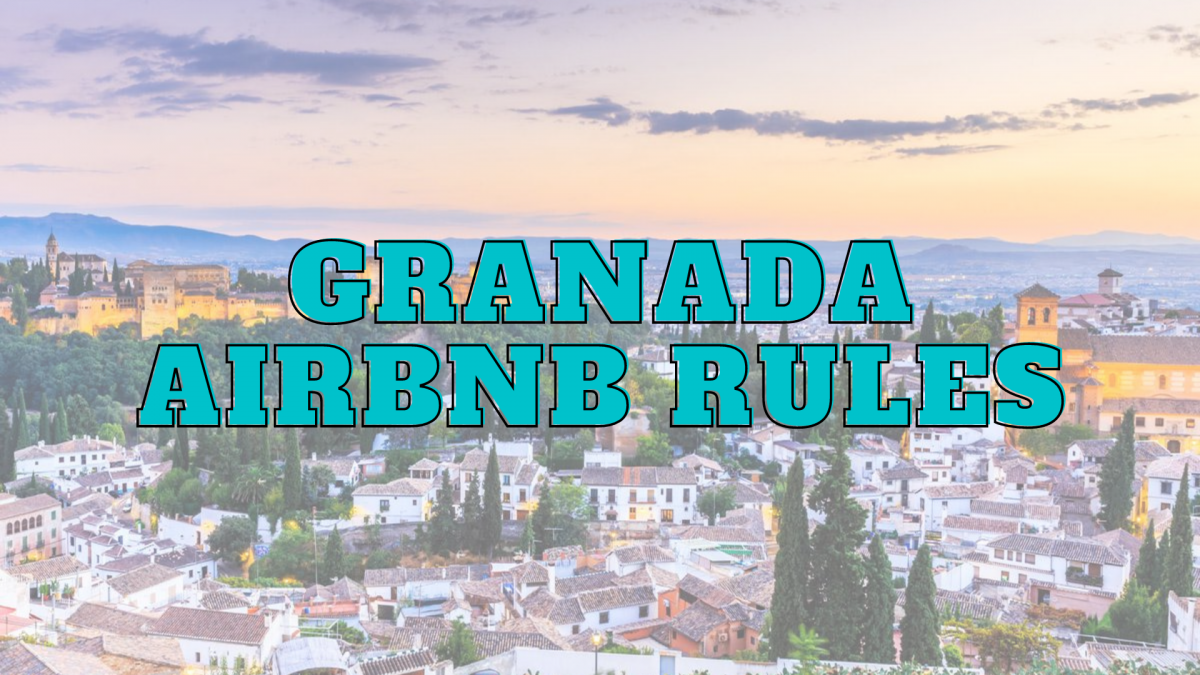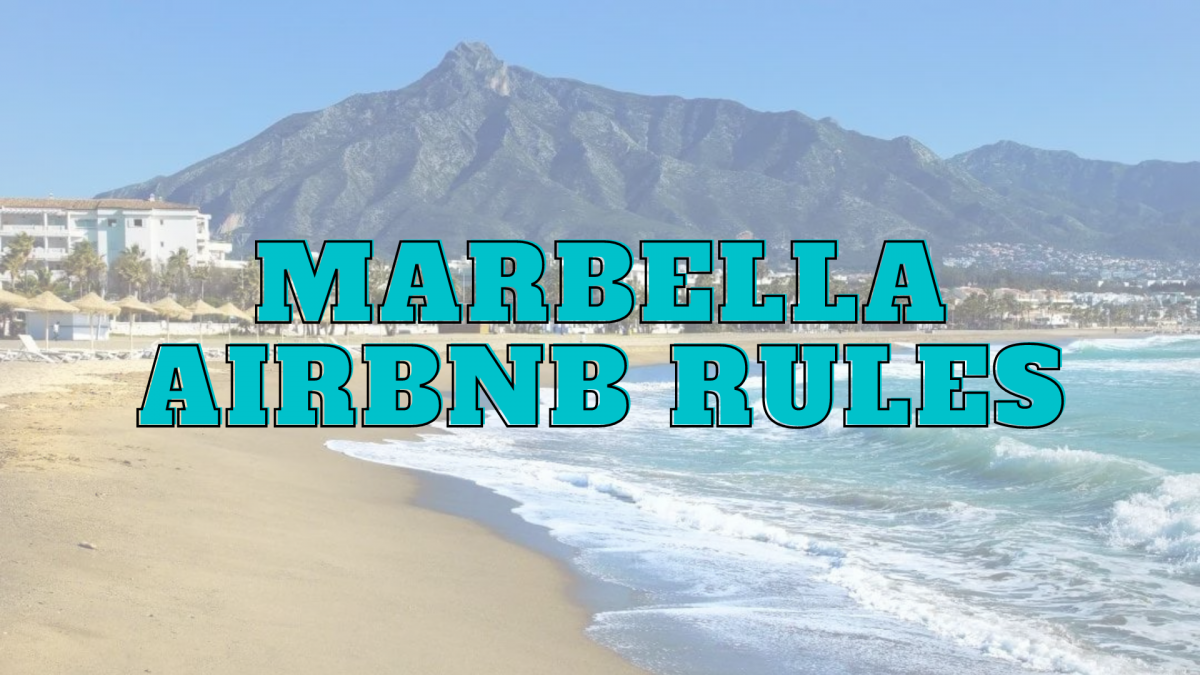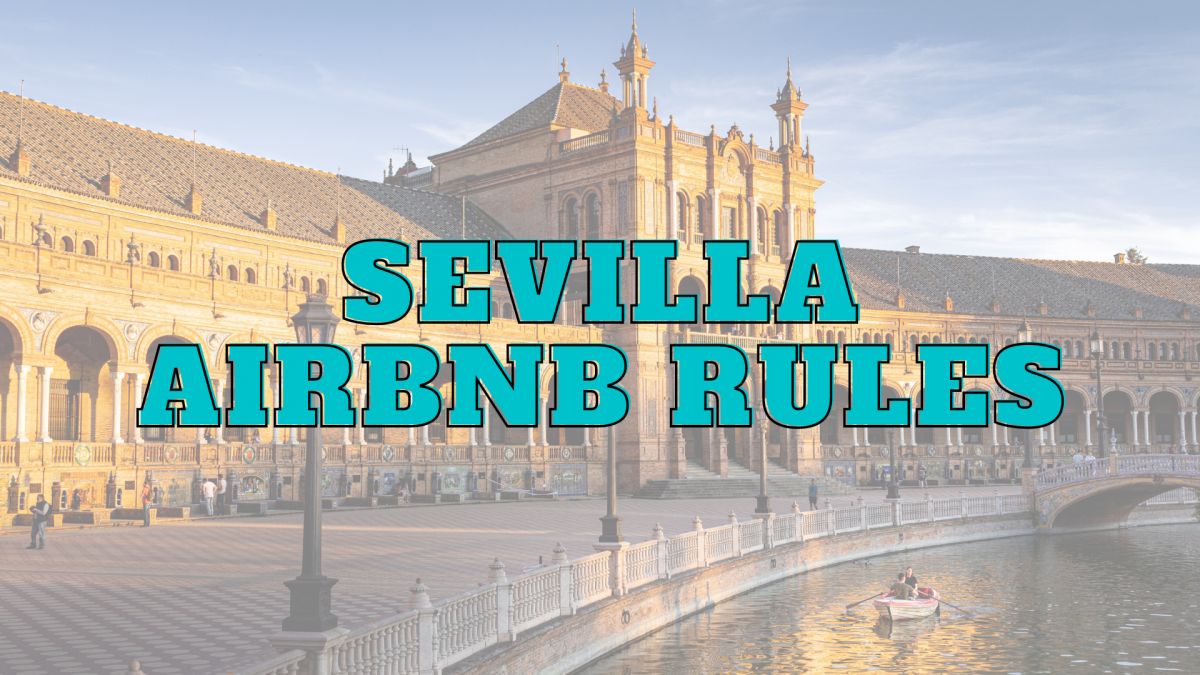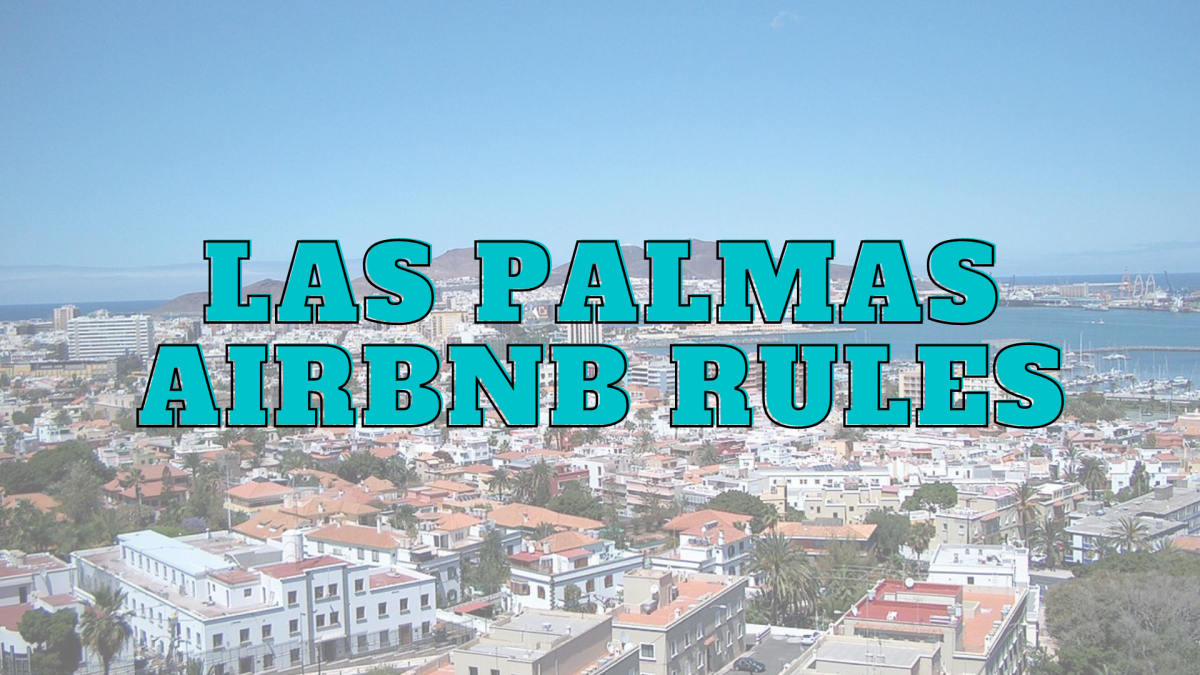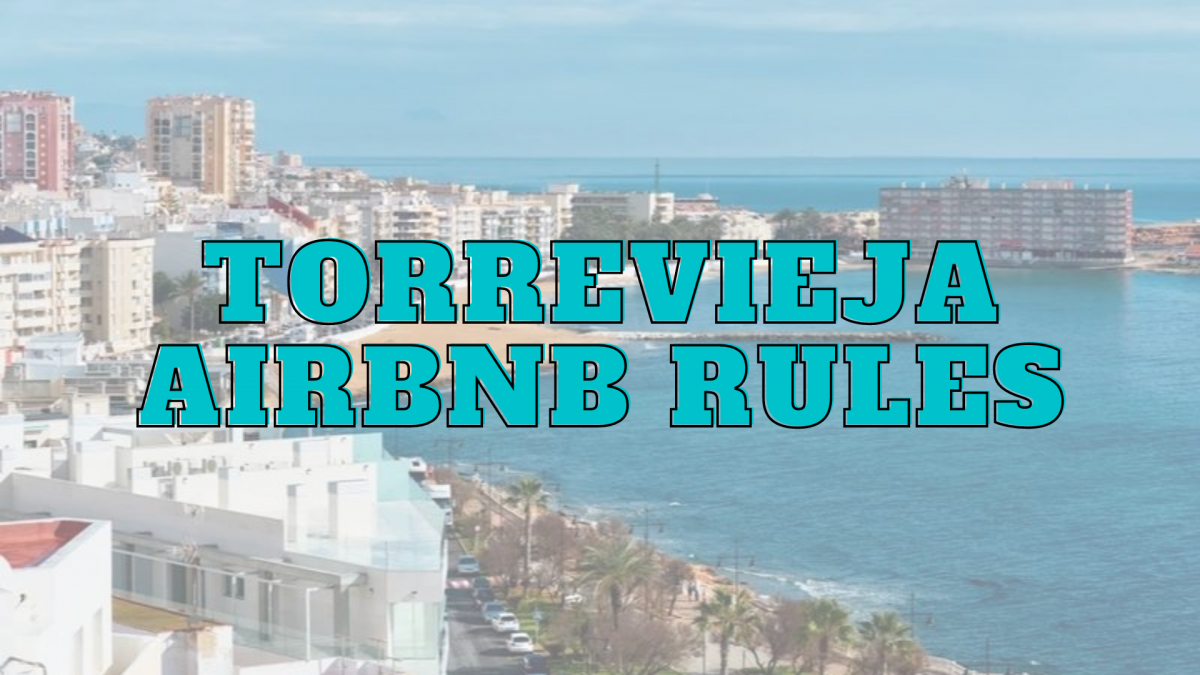Table of Contents Add a header to begin generating the table of contents Is Airbnb legal in Denia? Don’t worry, Airbnb is legal in Denia! Denia is a delightful cosmopolitan town located along the Mediterranean coastline, where the sun shines almost all year. This place is a historical coastal city in the province of Alicante, Spain, […]
Denia Airbnb Rules
